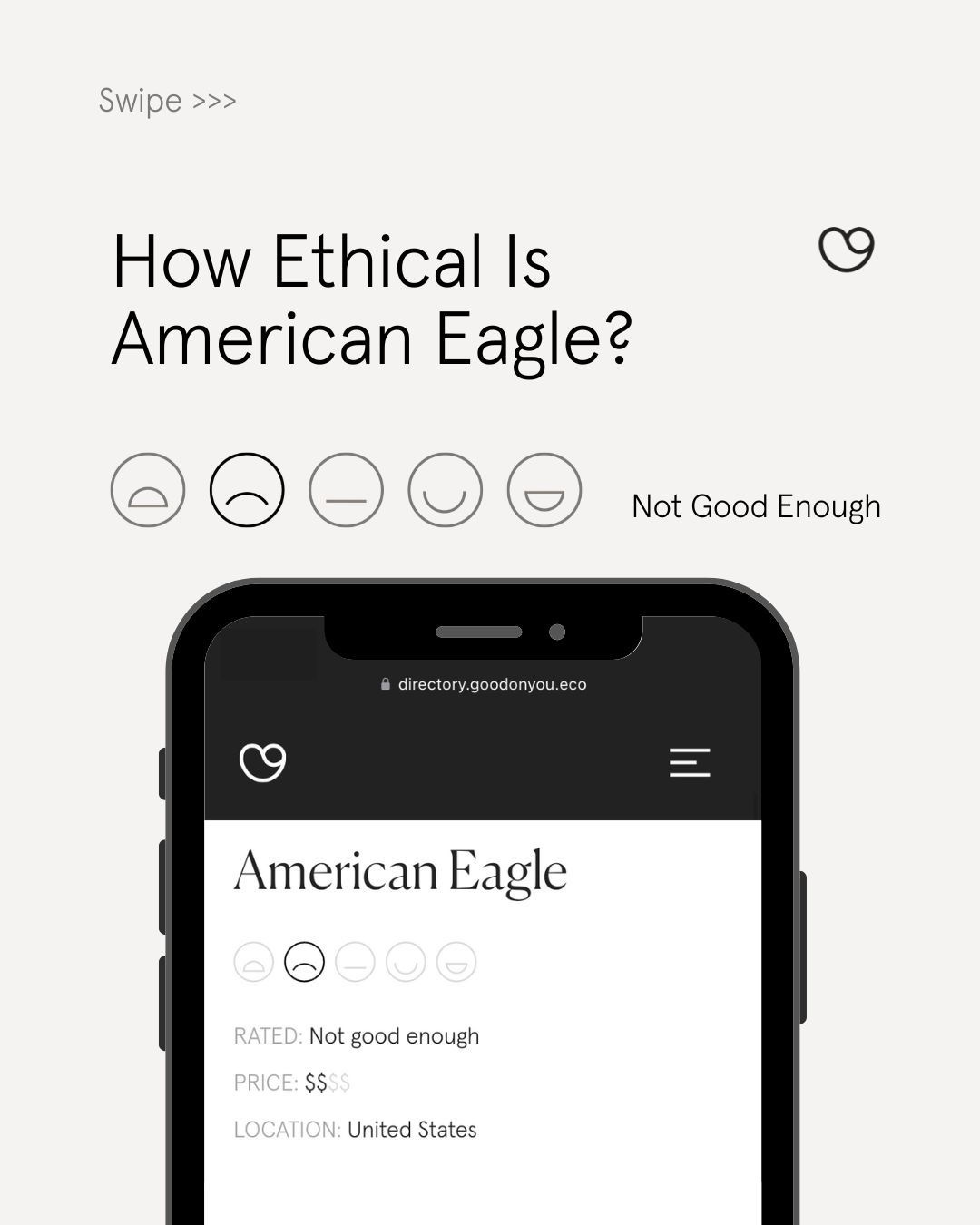Minding the Gap: Personal Spending Vs. Values
With great (economic) power, comes great responsibility.
If you live in the United States, or a similarly industrialized country, there is a good chance that the following statements apply to you: 1. You are aware that many mass-produced products are made in abysmal conditions with little regard for their impact on underpaid workers or the planet, and 2. You put that factoid out of your mind when making purchasing decisions.
[Before you go anywhere, I feel it’s important to note that these are judgment-free observations that also very much apply to me. But we gotta talk about our shortcomings to fix them, yeah?]
On any given Tuesday, after your son ripped his jeans and needs a replacement, it’s safe to assume you’ll be preoccupied with closer-to-home stakes like what option is most affordable, what size to get his constantly growing body, and maybe even what you’re cooking for dinner that night.
Practically, there is very little you can do about sweatshop labor on your own, so paying the dirty details much thought doesn’t do a whole lot except make you feel weird (That weirdness has a name, btw. Cognitive dissonance — the mental conflict when your actions and beliefs don’t line up).


I get that but also want to push back against the seemingly pervasive sense that if a problem can’t be solved in its entirety, it’s not worth tackling at all. Sure, you can’t personally dismantle global supply chains, but can you achieve your needs in a way that doesn’t funnel money to companies that are clearly abusing their power? Very possibly, yes!
The reality is, that as someone who lives in the United States, you have a staggering amount of economic power compared to the average global citizen. I realize that’s not what it feels like to anyone staring down a mountain of bills and rising costs that won’t quit, but it’s true. The United States accounts for just 4.27% of the global population but is responsible for roughly 30% of global consumer expenditure.
You might feel like just one person with no power, but when it comes to shopping you’re among the most influential players in the world. In that context, we aren’t simply participants but international leaders of consumer culture with outsized power to influence companies with our spending habits.
Just like voting at the ballot box, voting with our dollar takes patience. A thoughtful purchase or intentional boycott will not instantly shatter our broken system of planetary and humanitarian exploitation (bummer, I know). That said, I believe that a lot of people making an intentional effort to shop with their values can change a culture over time.
That may sound very pie in the sky, but educating myself and making adjustments to how I shop has drastically changed the way I relate to other people and the world…I think for the better. And what is culture but a reflection of individuals, hopefully changing for the better?
If you’re interested in the long game of aligning your personal spending with your values, here are two places to start: 1. Scroll down and hit that subscribe button. I’ll be coming out with new explainers and actionable tips on how we can do just 2. Start getting curious about the way you shop and the brands you spend with.

As questions pop up about who is getting your money, do your best to pull that thread. You can’t tackle a problem you don’t understand, and that starts with paying attention to where we can improve without berating ourselves for where we’ve been.
A Few Places to Start:
Good on You: a database of clothing brand ratings and explainers. It’s imperfect, but can give you a good sense of what your go-to labels are doing wrong (or right!).
Future Proof: a YouTube channel creating entertaining deep-dives on popular brands – the good, the bad, and the straight-up evil.
Remake: a nonprofit fighting for human rights and climate action in the clothing industry with so many rabbit holes to explore on their website and Instagram.
Ethical Consumer: It’s a UK-based nonprofit, so not every brand report will be relevant, but all of the published guides include helpful general tips for shopping across categories.
Extra Credit — if you have specific questions on this topic that you’d like to see me explore in the future, leave them down in the comments or get in touch at daniellejoanhealy@gmail.com.




Love the analogy of voting with $$. Great first post of the year and cannot wait for more!